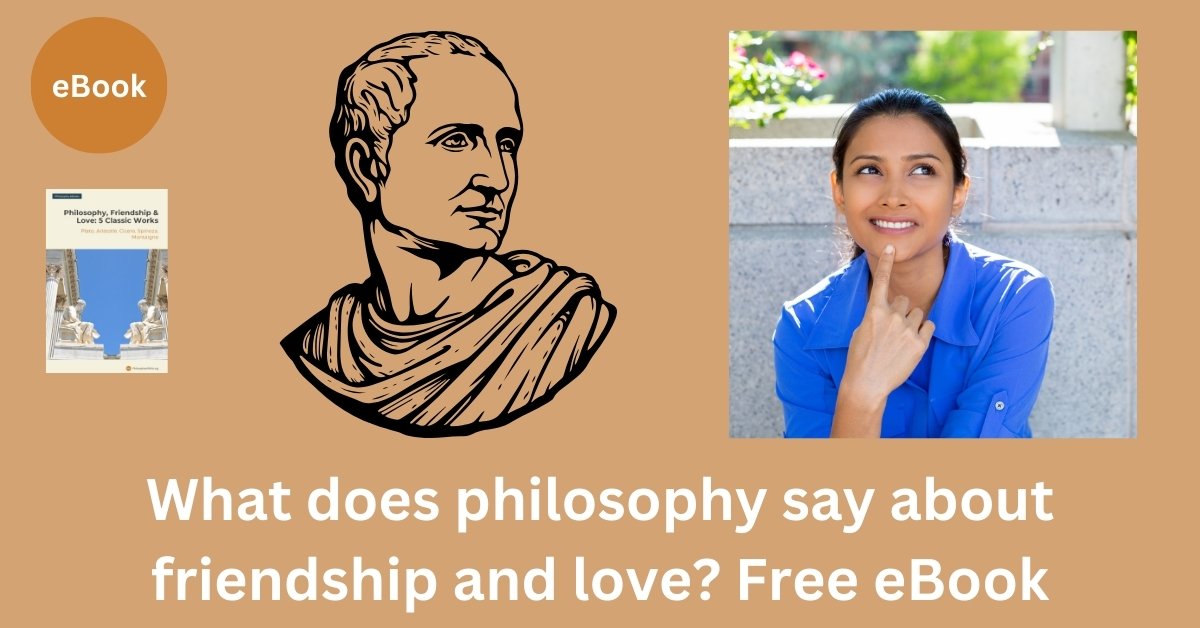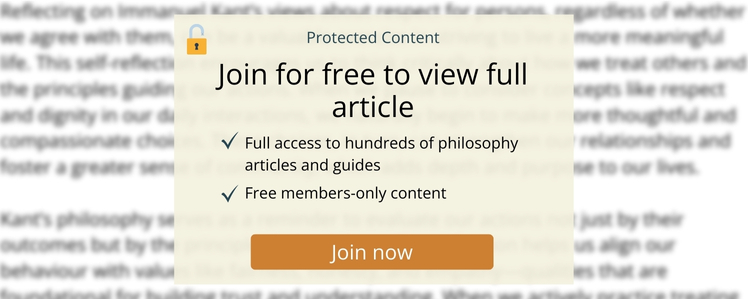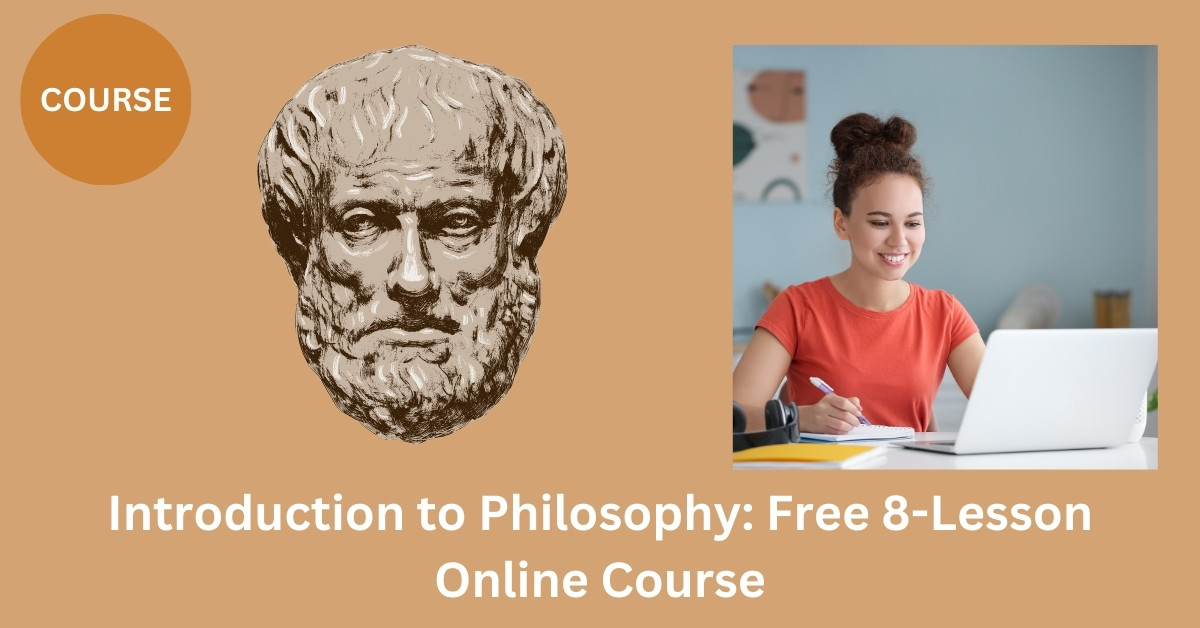Developing a personal philosophy of life often involves exploring various philosophical concepts and ideas. One such concept, absolute idealism, holds a central place in the philosophy of Hegel, yet it is not always fully understood. Gaining a clear understanding of this idea can have a profound impact on how we shape and refine our own philosophical views. This article examines Hegel’s philosophy, the principle of absolute idealism, and their significance in the context of developing a philosophy of life.
Key features of Hegel’s philosophy

Georg Wilhelm Friedrich Hegel’s philosophy is centered on the idea of the interconnectedness of reality and the dynamic process of change. One of his key concepts is the “dialectic,” which describes how opposing ideas, or contradictions, come into conflict and ultimately resolve into a higher understanding. This process, often summarized as thesis, antithesis, and synthesis, shows how progress happens through these interactions and transformations.
Hegel also emphasized the idea of “Absolute Spirit,” which represents the ultimate reality or truth. For Hegel, history and human experience reflect the unfolding of this “Spirit” as it seeks self-awareness and freedom. He believed that human development, culture, and institutions like the state are all part of this larger process.
Additionally, Hegel introduced the idea that individuals can only truly understand themselves through their relationships with others and through participation in broader social structures. His philosophy highlights the importance of society, history, and human interaction in shaping who we are.
Although Hegel’s ideas can be complex, they have influenced numerous fields, including philosophy, political theory, and literature. His focus on change, interconnectedness, and the importance of context continues to inspire critical thinking and new perspectives on the nature of reality and human progress.
What is absolute idealism?
Hegel’s view of absolute idealism is rooted in the belief that reality is fundamentally shaped by ideas and that all aspects of existence are interconnected through a rational structure. According to Hegel, reality is not made up of separate and independent parts, but rather, it forms a unified whole. He argued that this unifying principle is based on reason or spirit, which he referred to as the “Absolute.” For Hegel, the Absolute represents the ultimate reality, encompassing all thought, nature, and existence.
Hegel believed that the progression of human understanding and history is driven by the unfolding of the Absolute. This progression occurs through a process known as the dialectic, where conflicting ideas or opposites are reconciled to create a higher level of understanding. This process is not static but constantly evolving as thought and reality move toward greater unity and awareness.
Absolute idealism suggests that the material world and individual experiences are expressions of a larger, rational framework. For Hegel, human beings play an essential role in grasping this unity through self-awareness and philosophical inquiry. Ultimately, absolute idealism reflects Hegel’s vision of a reality where everything is interconnected in an all-encompassing system governed by reason.
This example helps to demonstrate this philosophical perspective. Imagine a painter working tirelessly on a grand artwork. At first, the individual elements, such as the paint, brushes, and canvas, seem disconnected and chaotic. However, as the painter continues, these separate components gradually come together to form a cohesive, meaningful masterpiece. Similarly, Hegel’s absolute idealism often uses examples like this to convey the idea that seemingly distinct parts of reality ultimately harmonize into a larger, unified whole. The process of creation reflects the evolution of unity from diversity, as what initially appears fragmented gains purpose when viewed in its entirety. Through this lens, the painter’s finished work, embodying both individual elements and their integration, resonates with the notion that reality is a systematic whole where all parts are interconnected, contributing to the larger structure of existence.
Challenges to Hegel’s view about absolute idealism
Many philosophers object to or reject Hegel’s ideas about absolute idealism for a variety of reasons, ranging from methodological concerns to disagreements with his conclusions. One key reason is the perceived complexity and obscurity of Hegel’s philosophy. Critics argue that his language is overly dense and his system too abstract, making his arguments difficult to follow and scrutinize. This lack of clarity often leaves ample room for interpretation, which can lead skeptics to question whether his ideas genuinely hold up to analytical rigor.
Another objection focuses on the all-encompassing nature of Hegel’s philosophical system. Hegel sought to create a grand, unified framework that explains the entirety of reality, including history, nature, and human thought. Critics often see this as overambitious and unrealistic, as the complexity of the world might not be adequately captured by a single, overarching system. Many philosophers, particularly empiricists and analytic thinkers, argue that such sweeping claims need to be supported by empirical evidence and systematic analysis of specific phenomena. From this perspective, Hegel’s framework is seen as speculative and detached from practical, observable reality.
Additionally, some thinkers critique Hegel’s dismissal of alternative perspectives. Hegel’s system prioritizes his own method of dialectical reasoning, which emphasizes contradictions and their resolution as essential to understanding reality. However, critics argue that this approach monopolizes philosophical inquiry by overshadowing different methodologies, like empirical science or other philosophical traditions, that may also offer valuable insights. This perceived dogmatism can lead some philosophers to reject his ideas outright.
Lastly, Hegel’s views have also been criticized for the implications they might have on individual freedom and diversity of thought. Since his philosophy often emphasizes overarching historical or ideological forces, some critics feel that it can downplay the role of personal agency, focusing instead on abstract processes and collective entities. This can make Hegel’s philosophy feel detached from everyday concerns about individual choice, ethics, and lived experience.
Overall, while Hegel’s ideas have undeniably influenced philosophy, these objections highlight why many thinkers are skeptical of absolute idealism, preferring approaches that are seen as clearer or more grounded in practical reality.
Why absolute idealism is important to Hegel’s philosophy
These are some of the main reasons why grasping the concept of absolute idealism is crucial to comprehending Hegel’s philosophy.
- It emphasizes the role of ideas in shaping reality
Absolute idealism suggests that reality is deeply connected to the realm of ideas rather than existing independently as material objects. This perspective highlights the importance of concepts and thought in understanding the world. By focusing on ideas, it encourages a view of reality as an interconnected whole, shaped by processes of reasoning and conceptualization. This approach opens up a way to think about existence that goes beyond the physical and considers the structures of meaning and understanding that humans impose on what they experience.
- It fosters a sense of unity and interconnectedness
Absolute idealism presents the notion that everything in existence is unified through a shared and rational system of ideas. Rather than viewing the world as made up of isolated and unrelated parts, it encourages seeing reality as a cohesive and interdependent whole. This perspective can provide a way to understand relationships, social systems, and the progression of events as part of a larger, interconnected framework. This holistic view offers a new way of comprehending the complexity of the world around us.
- It supports exploration of self and consciousness
A central focus of absolute idealism is the relationship between consciousness and the external world. By positioning the mind as an active participant in shaping reality through ideas, it draws attention to the significance of individual and collective thought. This framework can inspire deeper reflection on the nature of self-awareness, the role of human perception, and the ways in which our understanding evolves. It provides tools to examine how thought shapes experience and informs our interpretations of the world.
Contrasting Hegel’s philosophy with John Locke
Hegel’s concept of absolute idealism marks a significant departure from John Locke’s philosophy, as it offers a fundamentally different framework for understanding reality and knowledge. Locke, being an empiricist, believed that all knowledge comes from sensory experience. According to Locke, the human mind begins as a blank slate, or “tabula rasa,” and ideas are formed through interaction with the physical world. For Locke, knowledge is rooted in observing and drawing conclusions from external objects, emphasizing the separation between the mind and the material world.
Hegel, in contrast, approached reality as an interconnected whole, where the mind and the external world are not separate but are unified through a dynamic process of development. This is central to his idea of absolute idealism, which posits that reality is essentially shaped by a comprehensive and evolving spirit or consciousness. Unlike Locke’s empirical focus on individual perception, Hegel viewed reality as an unfolding totality that can only be fully understood in relation to the whole.
The key distinction lies in their views on the nature of reality. Locke emphasized the material and empirical, seeing knowledge as a process of accumulating sensory inputs. Hegel moved beyond this, suggesting that true understanding comes from recognizing the unity of thought and reality within a larger, self-developing system. This makes Hegel’s philosophy more abstract and holistic, contrasting sharply with Locke’s grounded and sensory-based approach.
Absolute Idealism, Hegel’s philosophy and the philosophy of life
Reflecting on Hegel’s philosophy, particularly his perspective on absolute idealism, is a valuable exercise when developing your philosophy of life, regardless of whether or not you agree with his ideas. Engaging with such profound and complex views encourages critical thinking and deep self-reflection, which are both crucial to forming a comprehensive and meaningful outlook on life. By examining Hegel’s work, you challenge yourself to consider abstract ideas like the nature of reality, personal growth, and the interconnectedness of seemingly separate aspects of life.
Hegel’s philosophy reminds us of the importance of synthesis—the idea that contrasting views or experiences can often combine to form a greater whole. This principle can serve as a practical guideline in life, helping us navigate conflicts, reconcile differences, and discover growth opportunities even in challenging times. Reflecting on such methods can offer insight into how to approach life’s complexities with an open mind and a willingness to explore diverse perspectives.
Furthermore, engaging with Hegel’s framework opens the door to conversations about purpose and progression. Thinking deeply about the evolving nature of life forces us to confront questions about our goals, values, and how we fit into the larger context of humanity. Regardless of whether we accept or reject his specific views, grappling with these ideas can help clarify what truly matters to us as individuals and how our philosophies can be shaped by continuous learning and lived experiences.
Finally, reflecting on Hegel’s philosophy pushes us to examine the ways in which ideas and actions are interconnected. It promotes awareness of how our beliefs can influence our decisions and how life itself unfolds in patterns that we may only recognize when looking closer. This process of reflection builds intellectual resilience and a sense of curiosity that can enrich not only our understanding of philosophy but our approach to the everyday complexities of human existence. Engaging with such profound ideas cultivates a more intentional and thoughtful life philosophy.
Further reading
Beiser, F. C. (1993). Hegel. Routledge.
Burnham, D., & Young, G. (2021). The Cambridge Hegel handbook. Cambridge University Press.
Forster, M. N. (1998). Hegel’s idea of a phenomenology of spirit. University of Chicago Press.
Hegel, G. W. F. (1977). Phenomenology of spirit (A. V. Miller, Trans.). Oxford University Press.
Houlgate, S. (2005). An introduction to Hegel: Freedom, truth, and history (2nd ed.). Blackwell Publishing.
Pinkard, T. (2000). Hegel: A biography. Cambridge University Press.
Westphal, K. R. (1998). Hegel, freedom, and modernity. Springer.
Williams, R. R. (2012). Tragedy, recognition, and the death of God: Studies in Hegel and Nietzsche. Oxford University Press.


